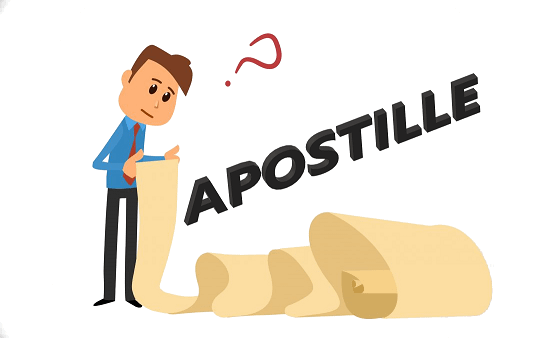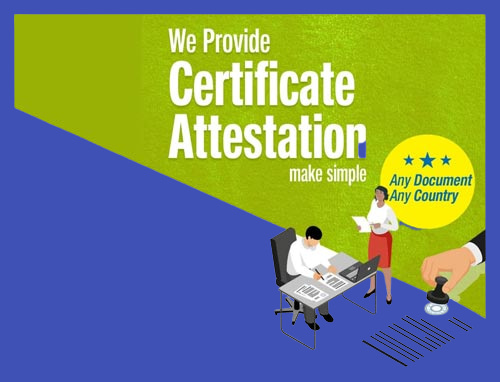Apostille & Sworn Translation
What is Apostille and it’s importance.
An apostille is a certificate issued by a designated authority in a country that is party to the Hague Convention Abolishing the Requirement of Legalization for Foreign Public Documents. The apostille certifies the authenticity of a document, such as a birth certificate, marriage certificate, educational diploma, or other legal document, so that it can be recognized and accepted in other member countries without the need for further legalization or authentication.
The apostille process involves attaching a specific form of authentication certificate (the apostille) to the document, which includes information such as the country of issue, the name of the person signing the document, the capacity in which the person signed the document, and the details of any seal or stamp affixed to the document. This process aims to simplify the verification of the document’s authenticity across borders.
The specific requirements and procedures for obtaining an apostille for documents vary from country to country. Generally, the process involves submitting the original document or a certified copy to the designated authority in your country, along with any necessary fees and application forms. Once the apostille is affixed to the document, it becomes valid for use in any country that is a party to the Hague Convention.
Educational Document Apostille Service
An educational certificate is a document that certifies that a person has received specific education or has passed a test or series of tests. We attest educational certificate for the purpose of higher education, Work /Job visa processing, resident visa / PR visa processing or travel visa processing.
If your certificate is not mentioned? Please call us for free consultation for the Apostille advisory. Contact our expert.
- Info@umaeducationalservices.com
- +91 72089 99504


Personal Document Apostille Service
MEA Apostille attestation is essential when applying for resident, student, or work visas in foreign countries. This attestation process is applicable to all certificates, documents, or records issued by Indian authorities.
When traveling abroad, non-educational or private documents also require authentication from the Ministry of External Affairs (MEA). This authentication or legalization is a necessary step in the visa application process. For example, if you are applying for a spouse visa, your marriage certificate must be apostilled to facilitate visa processing.
MEA Attestation
MEA Attestation is a vital certification process for your documents and certificates, carried out by the Ministry of External Affairs (MEA) in New Delhi, India. It serves as a standard and essential procedure for attesting and legalizing documents of Indian origin that are intended for use in foreign countries. The MEA stamp, bearing the ministry’s emblem and a distinct identification number or barcode, is affixed during this process, signifying the document’s authenticity and readiness for validation in the destination country.
MEA stamp is an ink stamping with ministry logo having a unique identification number ( Number/Bar code).

What is Sworn Translation and it’s importance.
A sworn translation, also known as a certified translation or official translation, is a type of translation that has been completed by a professional translator who is authorized, recognized, or certified by a relevant governmental or official body to provide translations that are considered legally valid and accurate.
Sworn translations are often required for official documents that need to be presented in a different language for legal or administrative purposes. These documents could include birth certificates, marriage certificates, legal contracts, academic transcripts, immigration documents, court documents, and more.
The process of producing a sworn translation typically involves the following steps:
Translation: A professional translator fluent in both the source and target languages translates the document accurately and appropriately.
Certification: After the translation is completed, the translator signs a declaration, also known as an affidavit or a certificate of accuracy, attesting to the fact that the translation is accurate and true to the original. This certification might also include the translator’s contact information, qualifications, and membership details with relevant translation associations or organizations.
Notarization or Authorization: In some cases, the certified translation may need to be notarized or authorized by a relevant legal authority. This adds an extra layer of authentication to the translation and verifies the translator’s identity and qualifications.
Sworn translations are often required for submission to government agencies, courts, universities, or any other official entity that needs to verify the accuracy of the translated content. The goal is to ensure that the translated document is a faithful and reliable representation of the original text.
Requirements and regulations for sworn translations can vary depending on the country and the purpose of the translation. If you need a sworn translation, it’s important to check with the requesting institution or authority to understand their specific requirements and to find a qualified professional translator who can provide the necessary certification.
